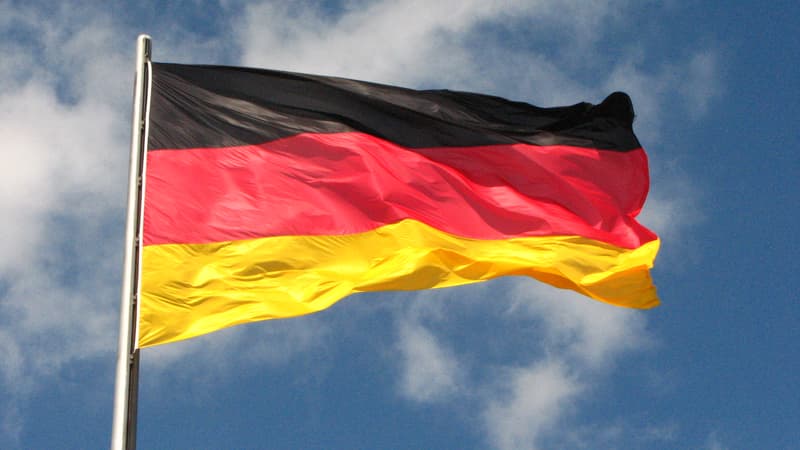Germany posted a 0.4% drop in GDP in the fourth quarter of 2022 as the energy crisis and inflation weighed on industrial production, according to downgraded official figures on Friday. “Rising prices and the energy crisis weighed on the German economy at the end of the year,” the Destatis statistics institute said in a statement.
At the end of January, the organization had initially estimated the fall in GDP of the largest economy in Europe at 0.2%. But the “dynamics of the German economy have weakened,” he justified. In one year, however, German GDP increased by 0.9% in data corrected for prices and calendar variables. It is especially “private consumption and investment” that “have slowed down activity,” Destatis explained.
The energy crisis, caused by the war in Ukraine, has shaken the German economic model based, in particular, on the massive importation of cheap gas from Russia. The war ended Russian deliveries, causing prices to soar in Europe. Inflation soared, dragging down consumption and production costs in industry, the engine of German growth. Manufacturing production plummeted 3.1% in December.
fear of a recession
Hardest hit are energy-intensive industries such as chemicals, metallurgy, paper and glass. These sectors saw their production fall by 6.1%, even reaching the loss in the chemical industry of 11.2%. In one year, the loss of these branches even reached 19.6%.
Result: Some companies are already starting to downsize. The chemical giant BASF announced on Friday the loss of 3,300 jobs worldwide, in particular the closure of several production units at its historic site in Ludwigshafen, which implies 700 jobs.
Now, fears of a technical recession are intensifying, with GDP falling further in the first quarter of 2023. However, the German economy is holding up better than feared given the impact of the Russian invasion of Ukraine. The German government currently forecasts growth of 0.2% through 2023, while it anticipated a drop in GDP last fall. This is due in particular to Berlin’s efforts to obtain supplies of liquefied gas, public aid decided by the government and a relative improvement in supply chains.
Source: BFM TV


